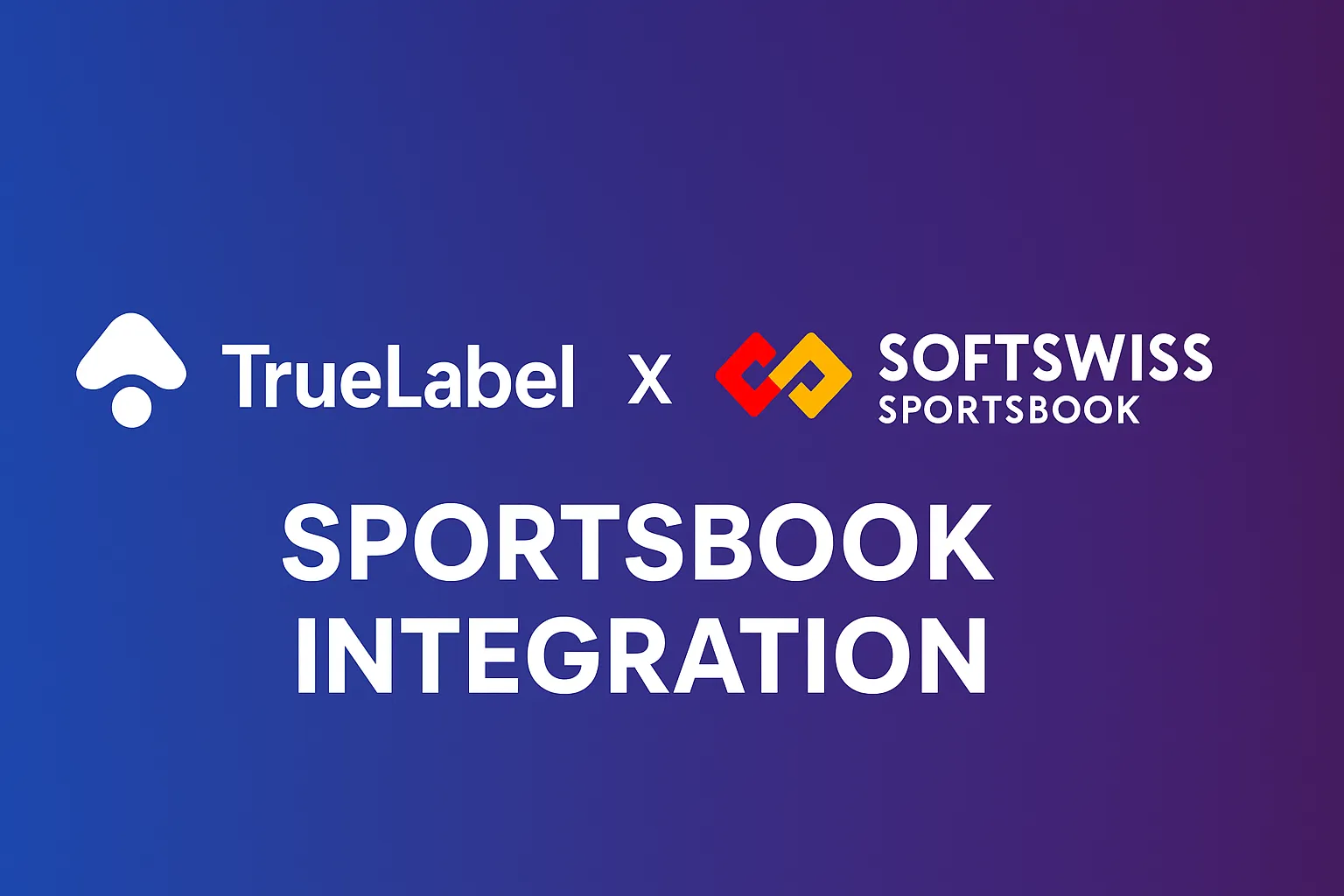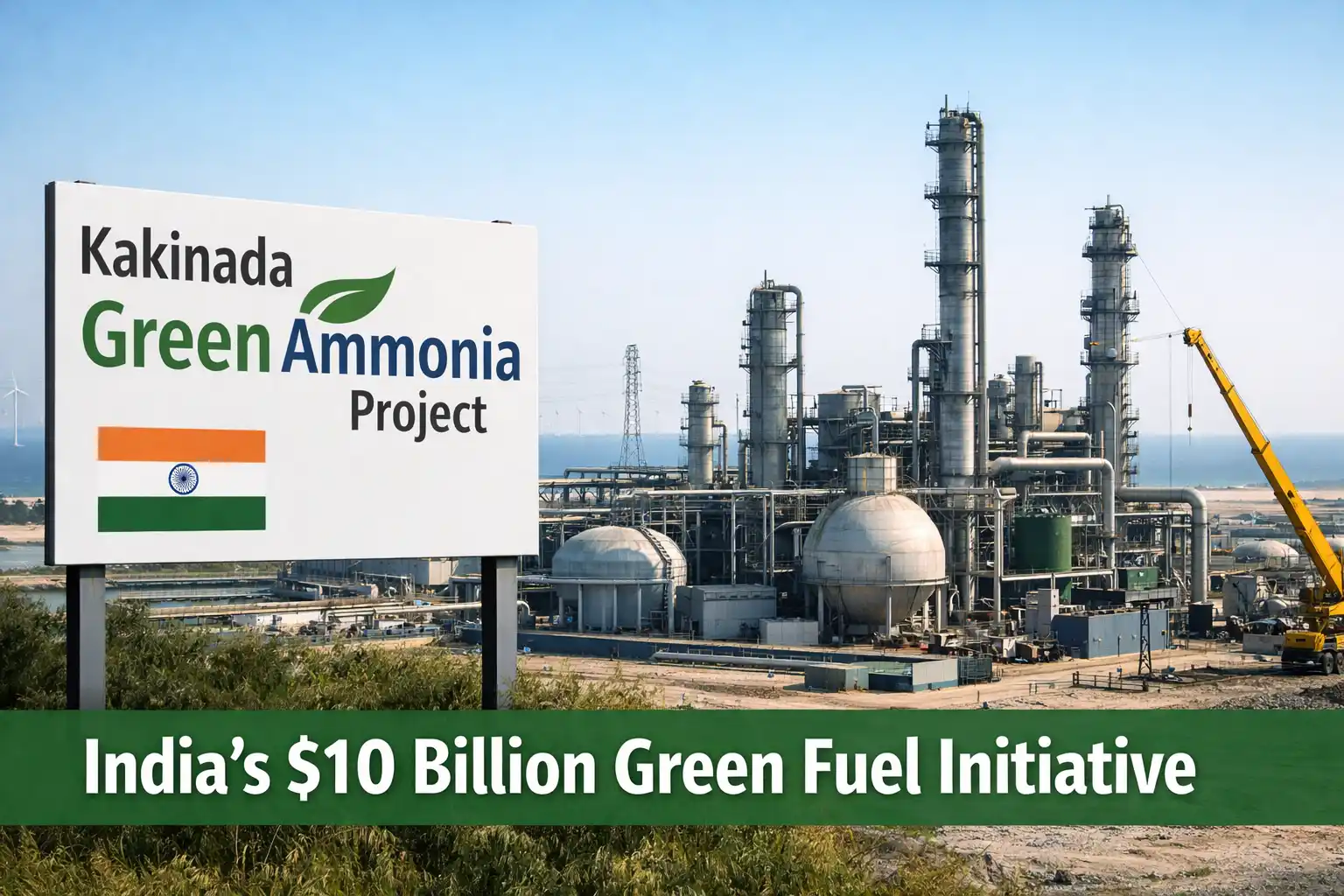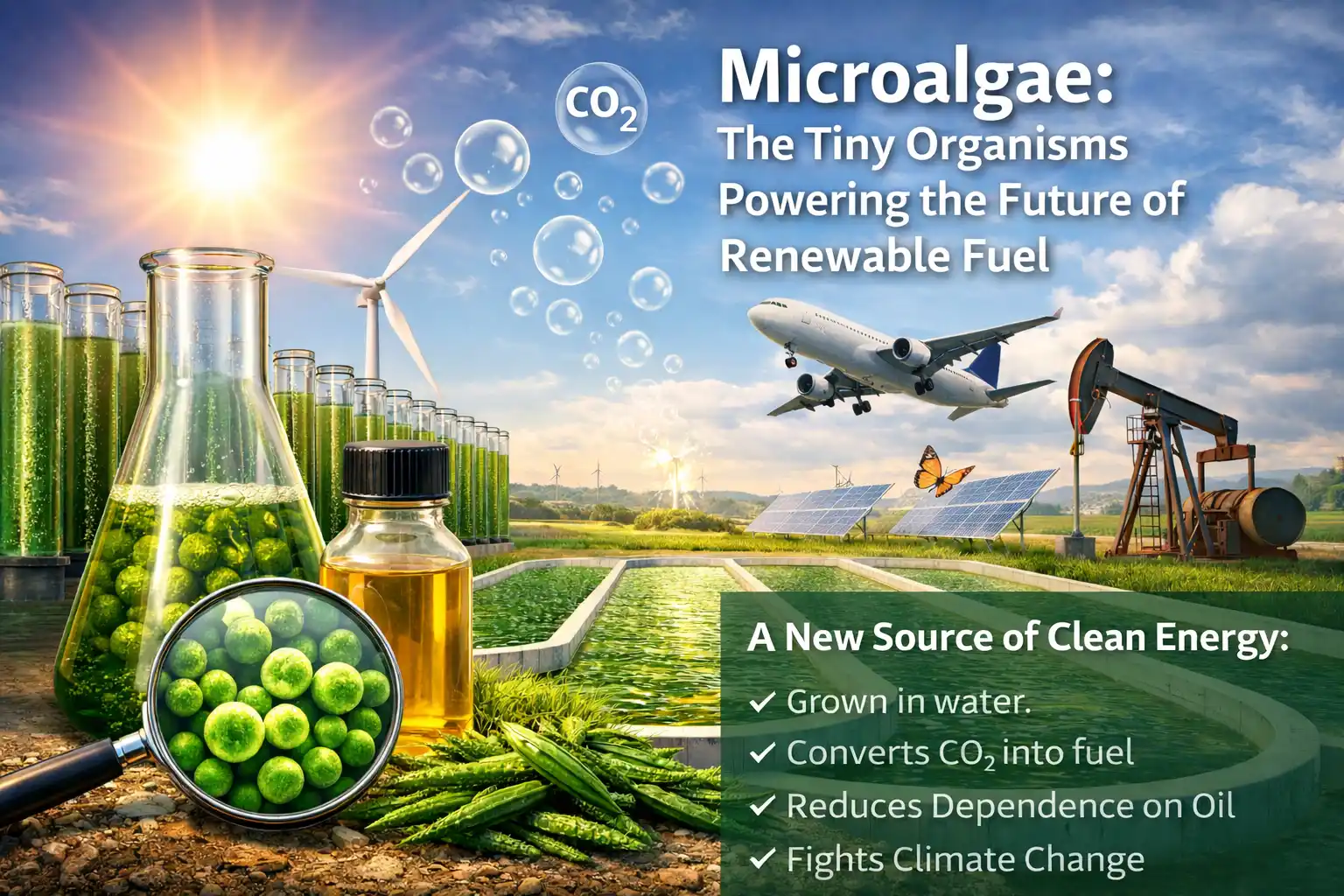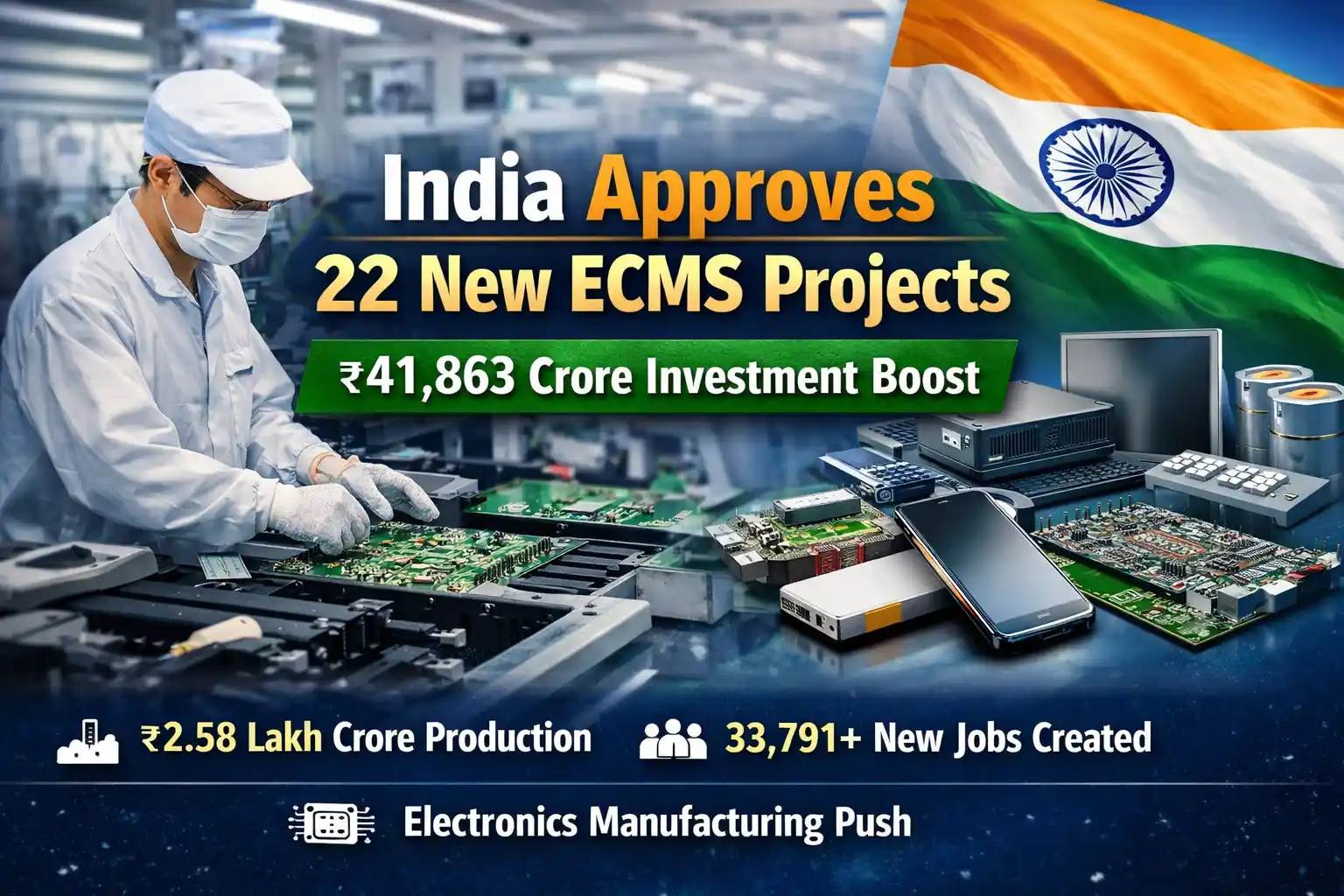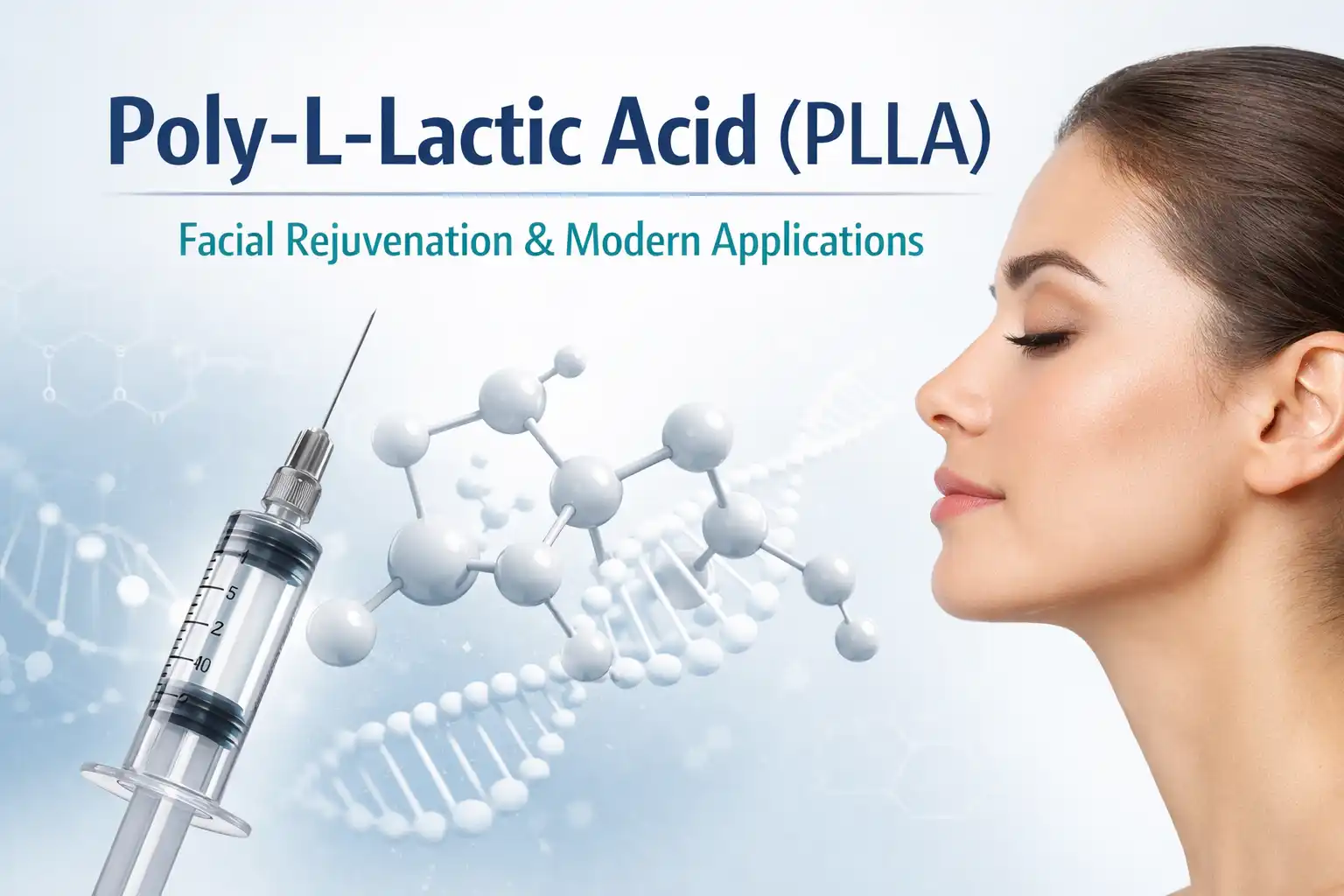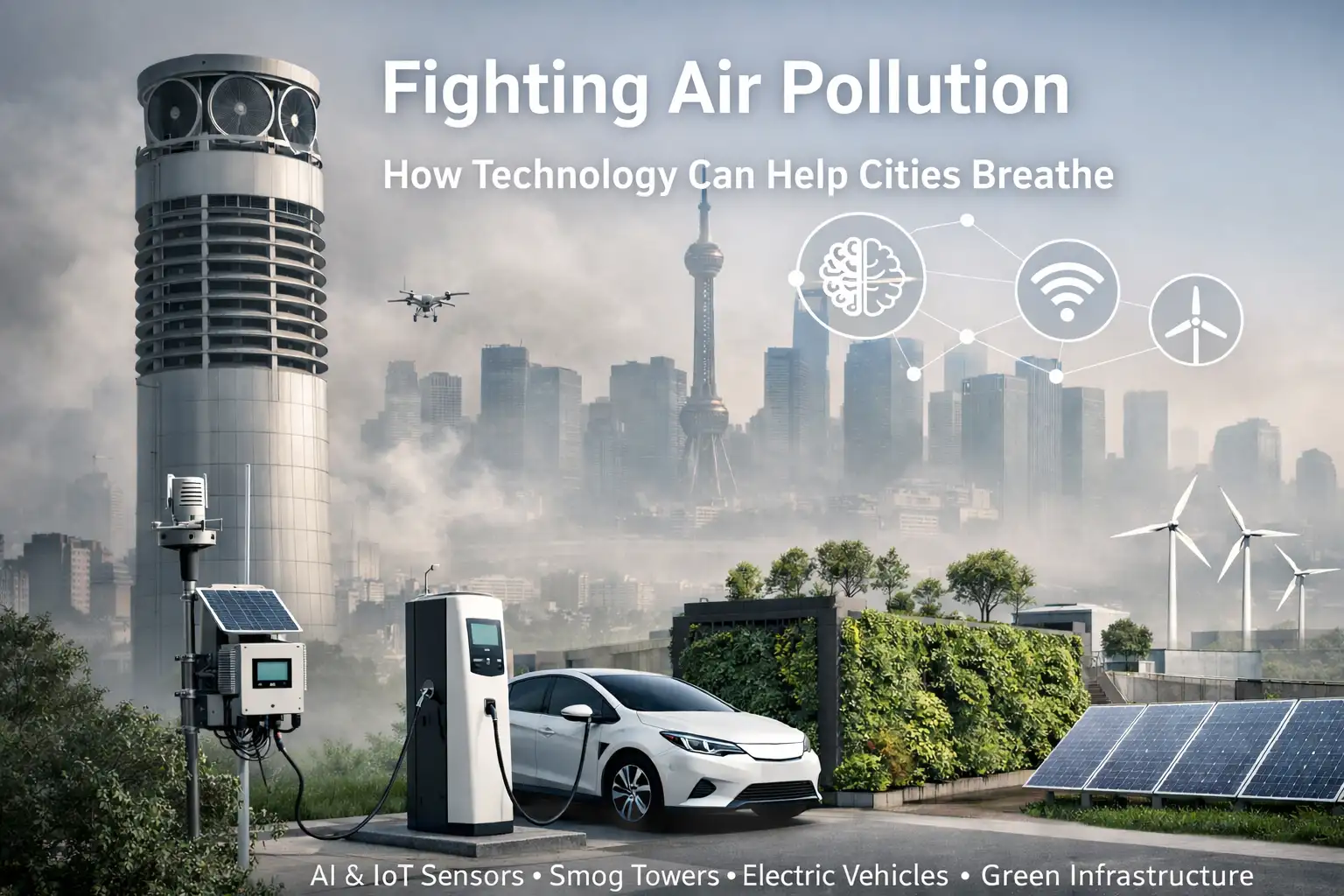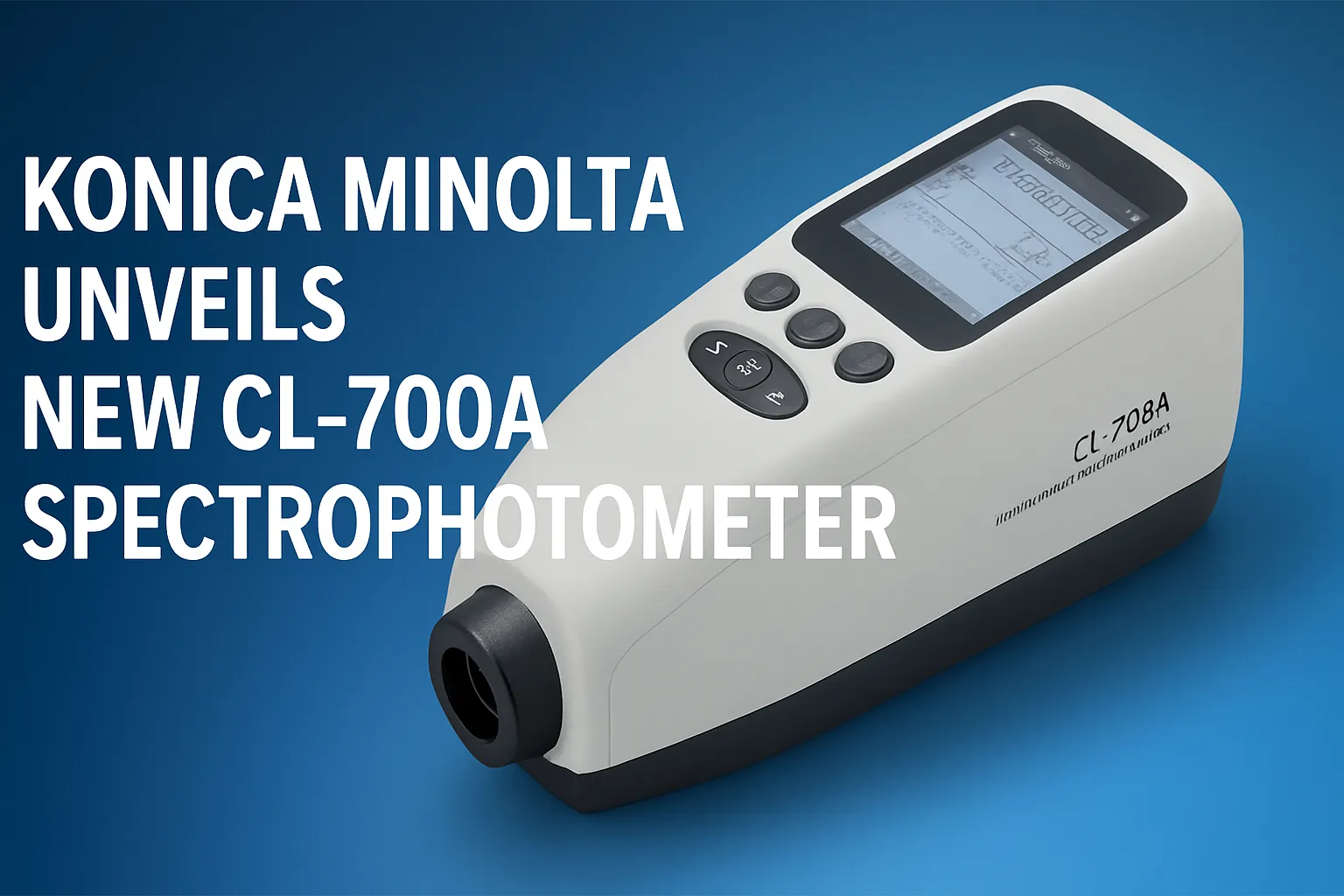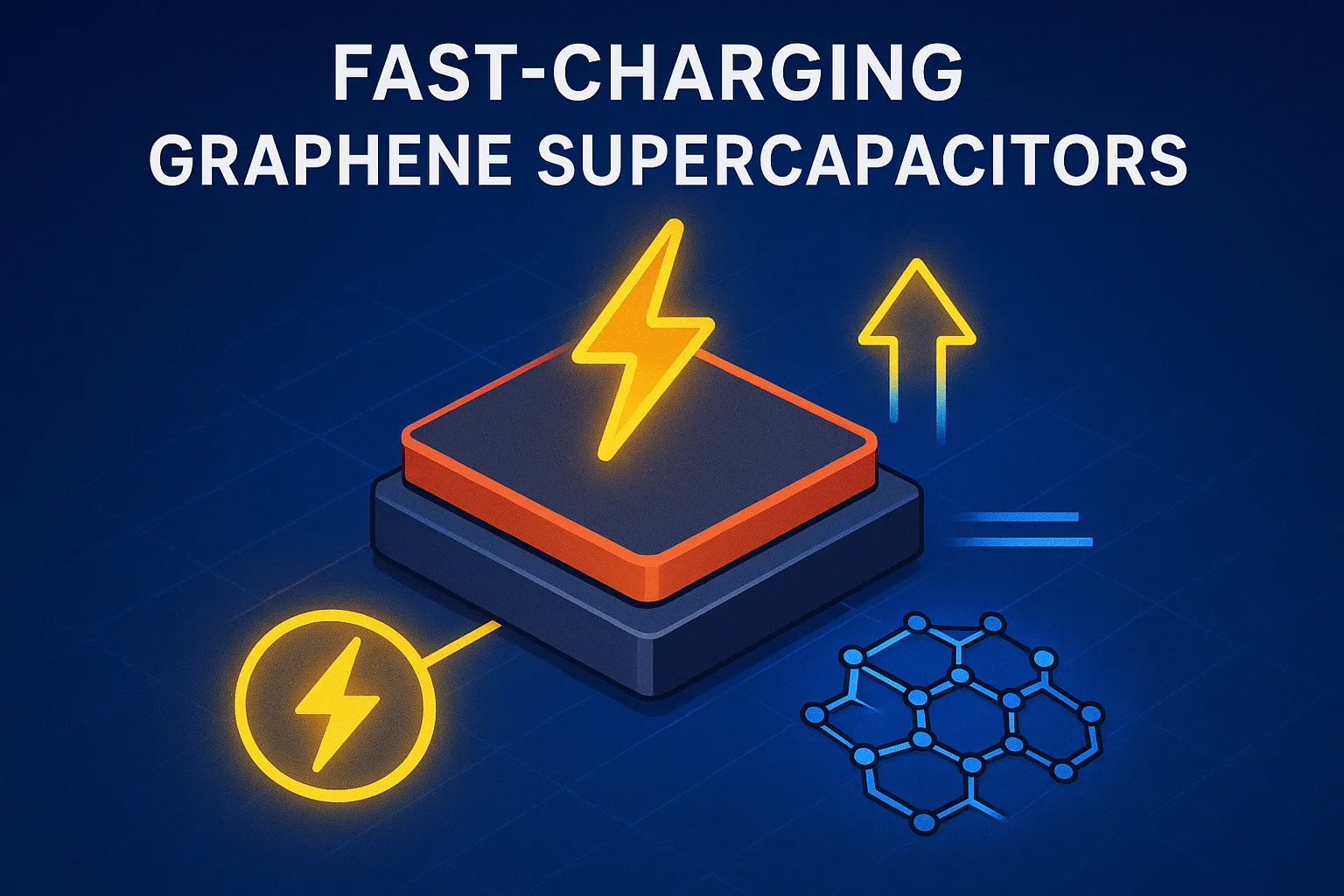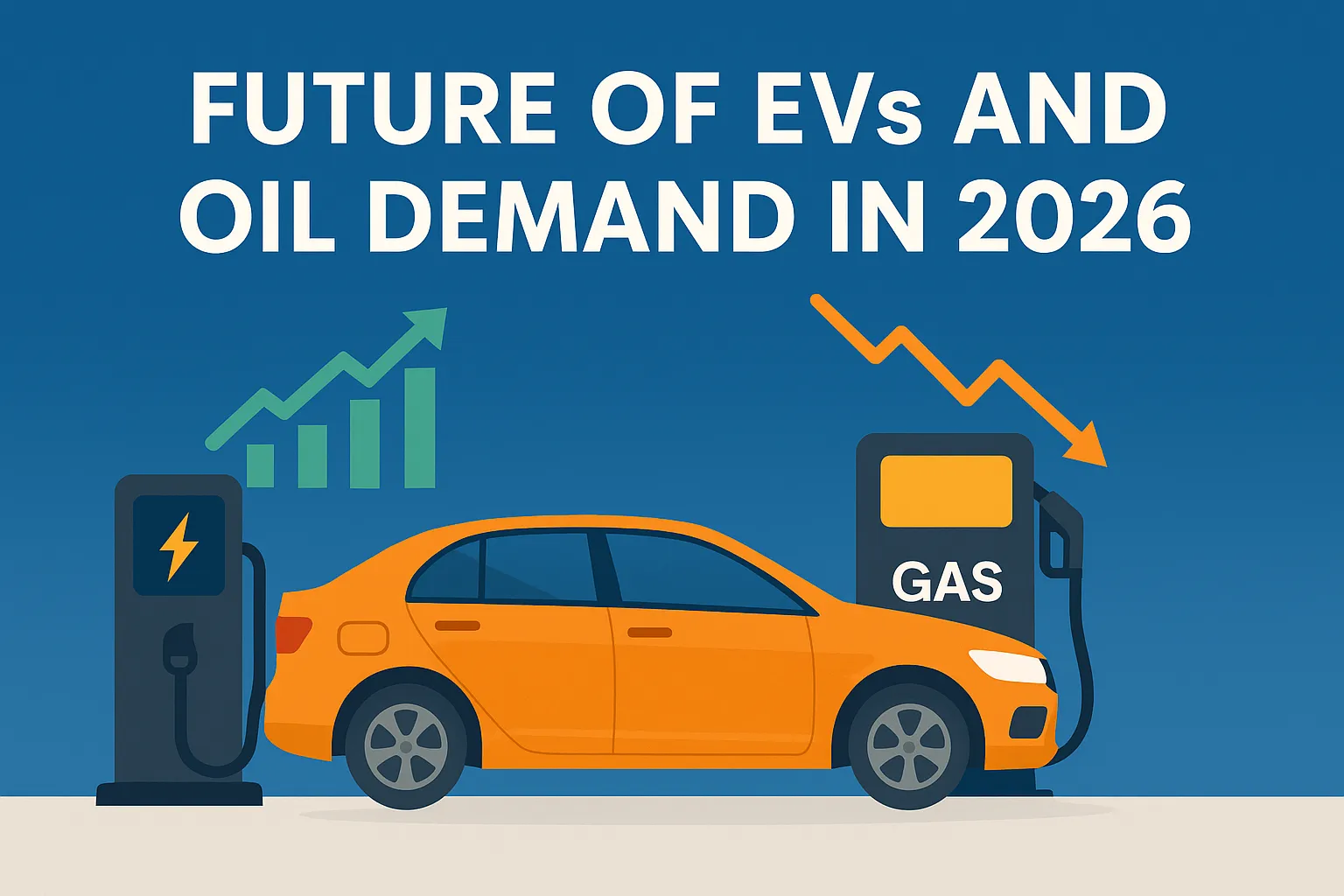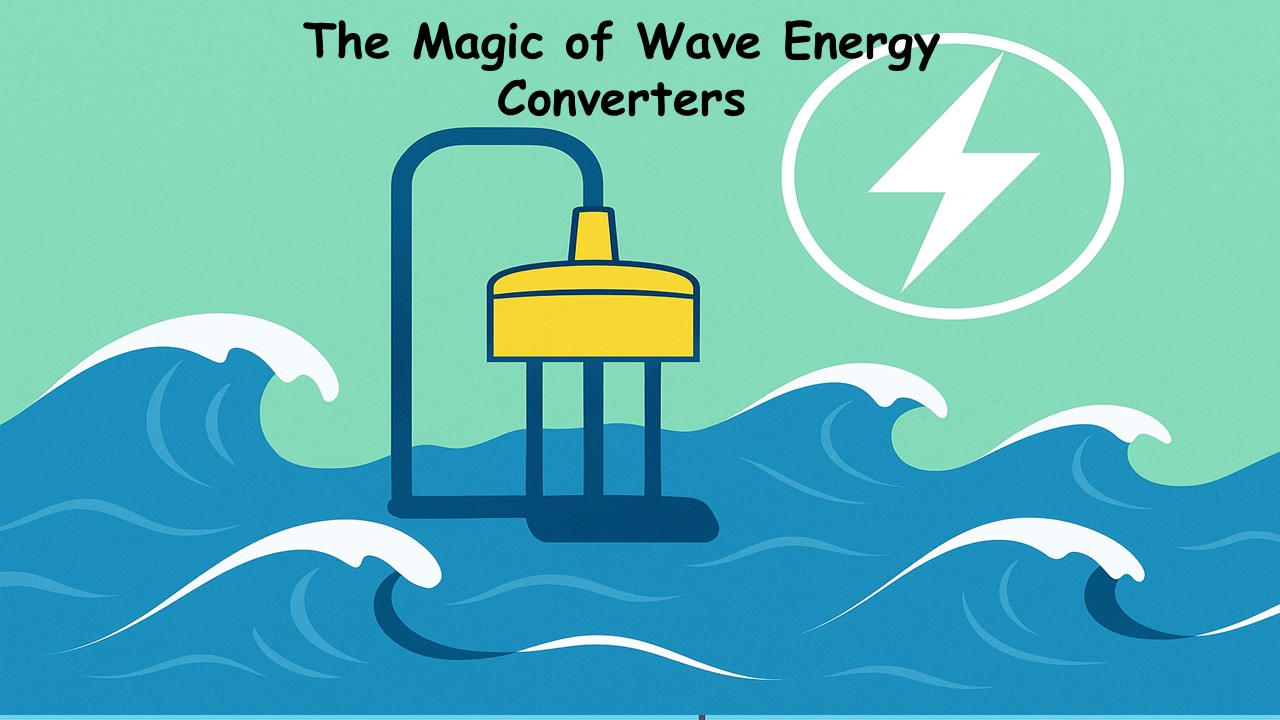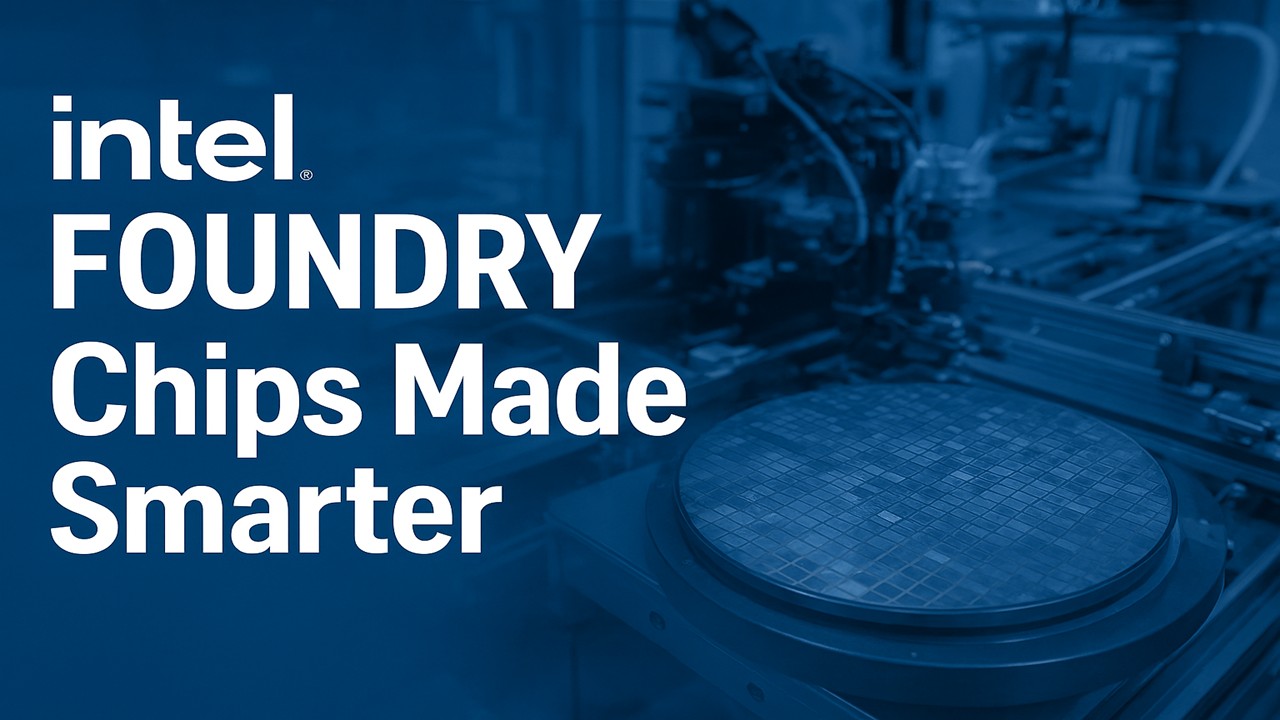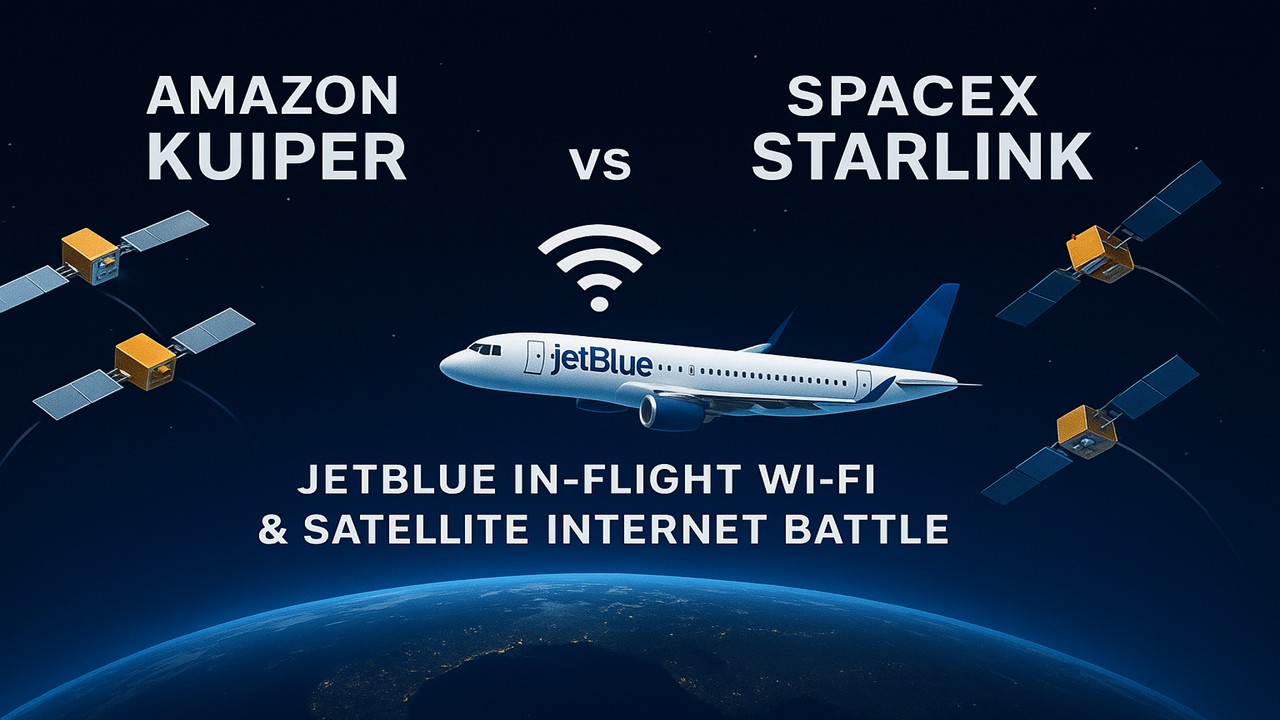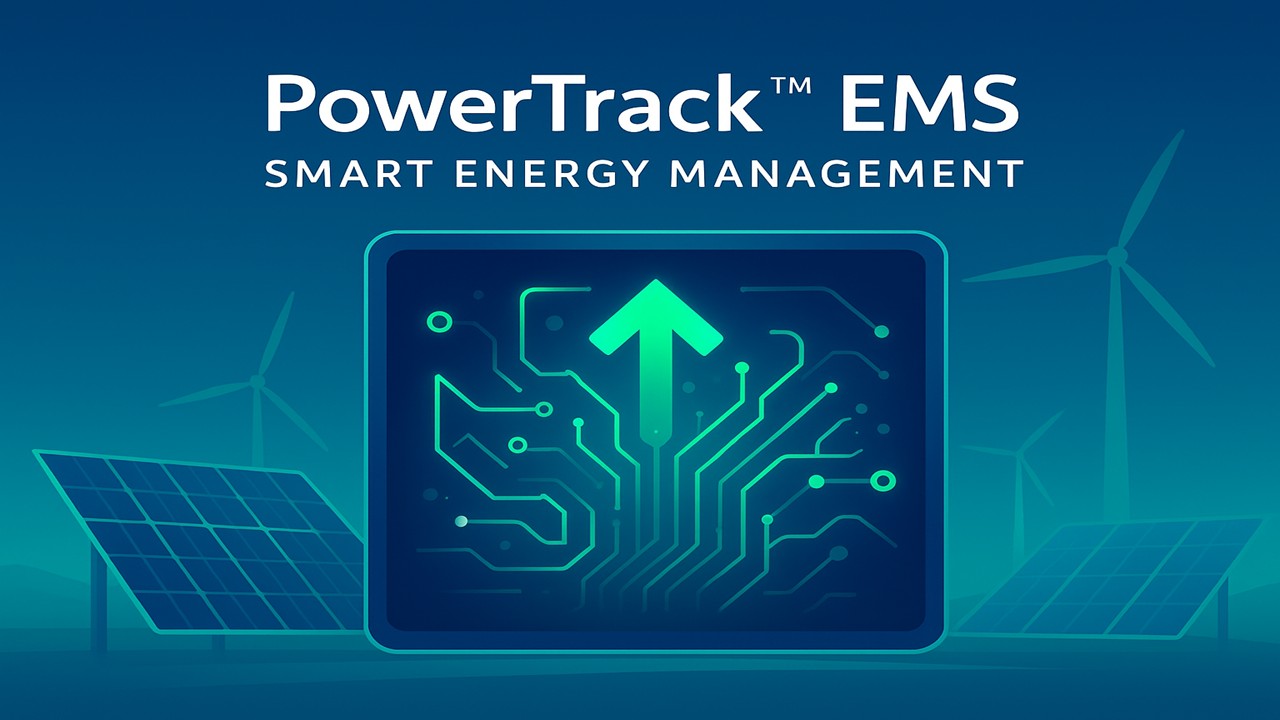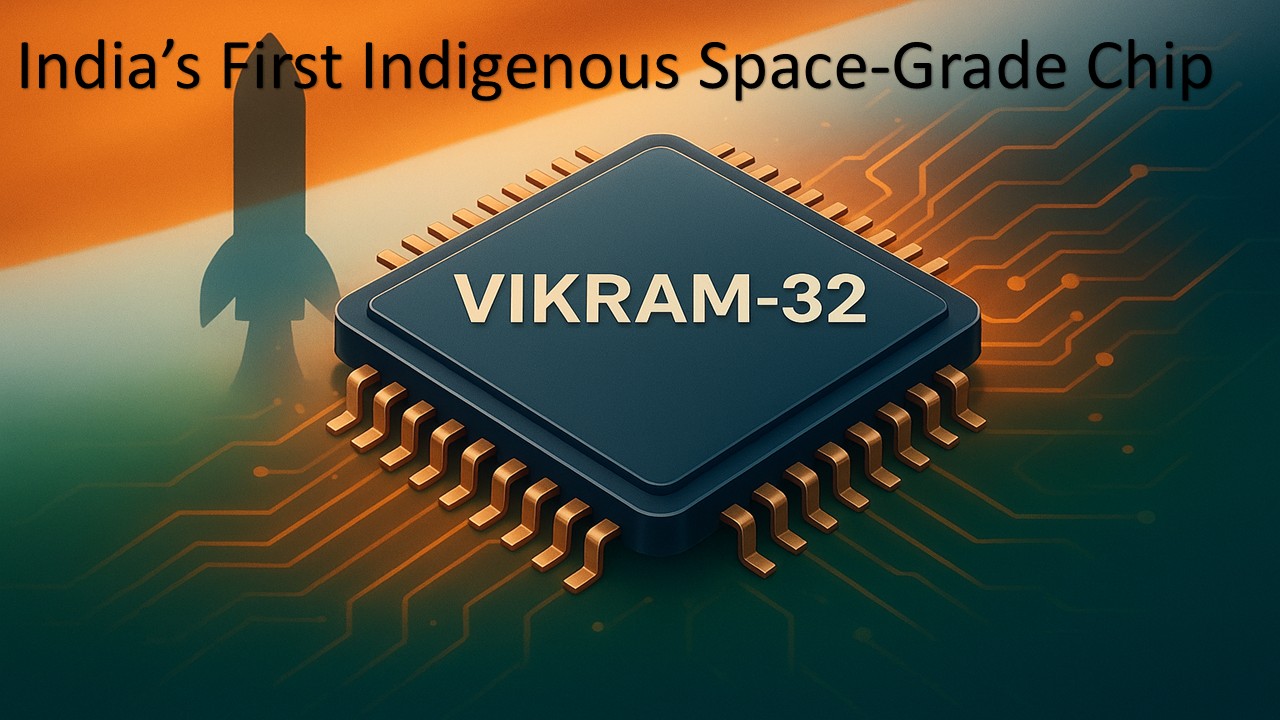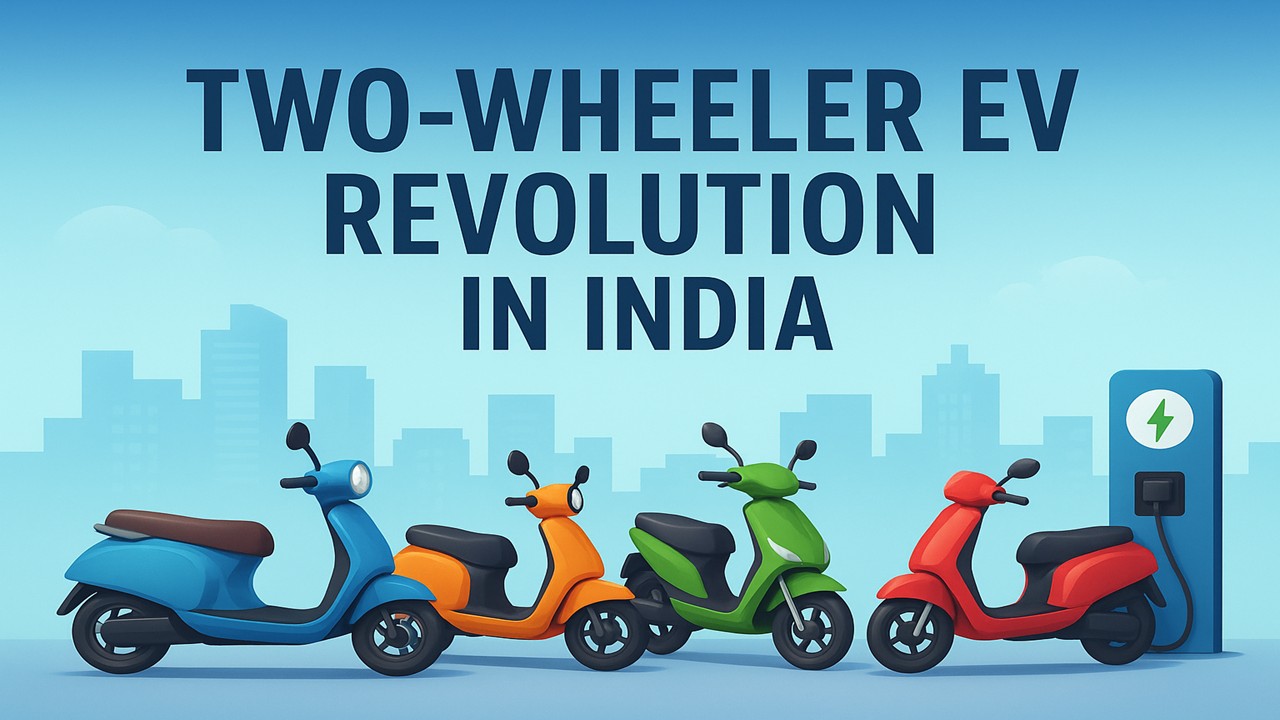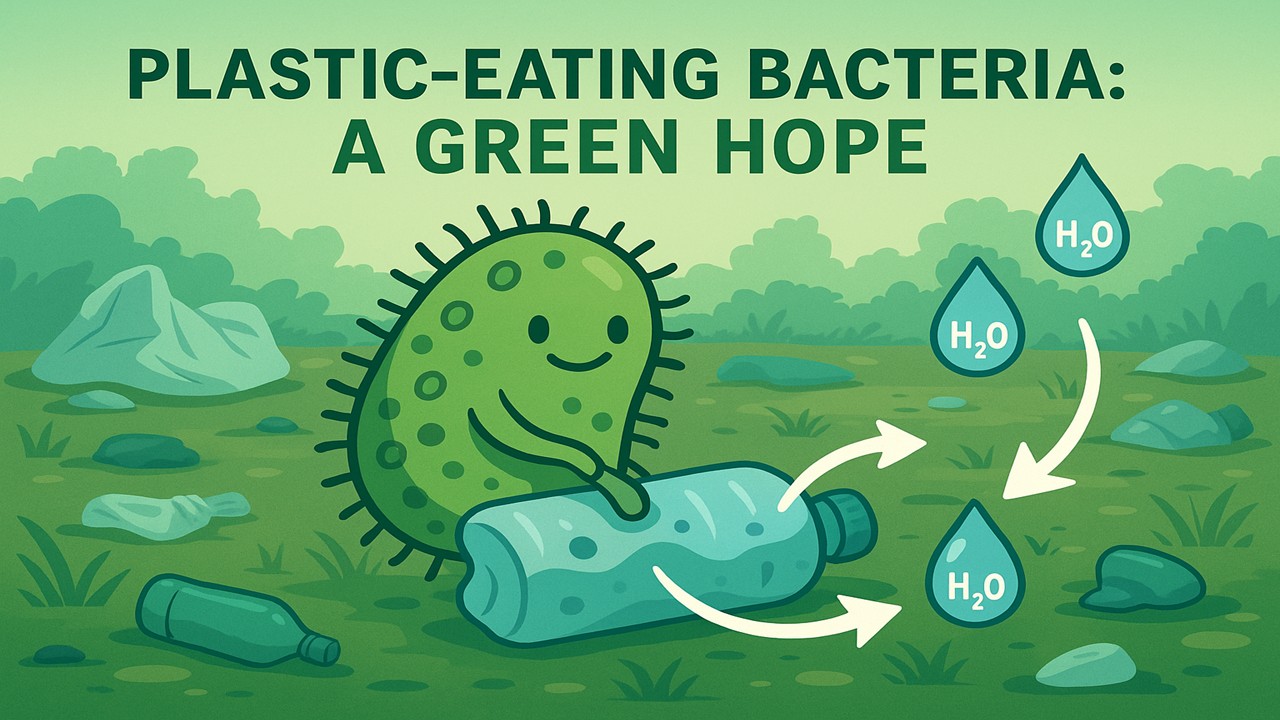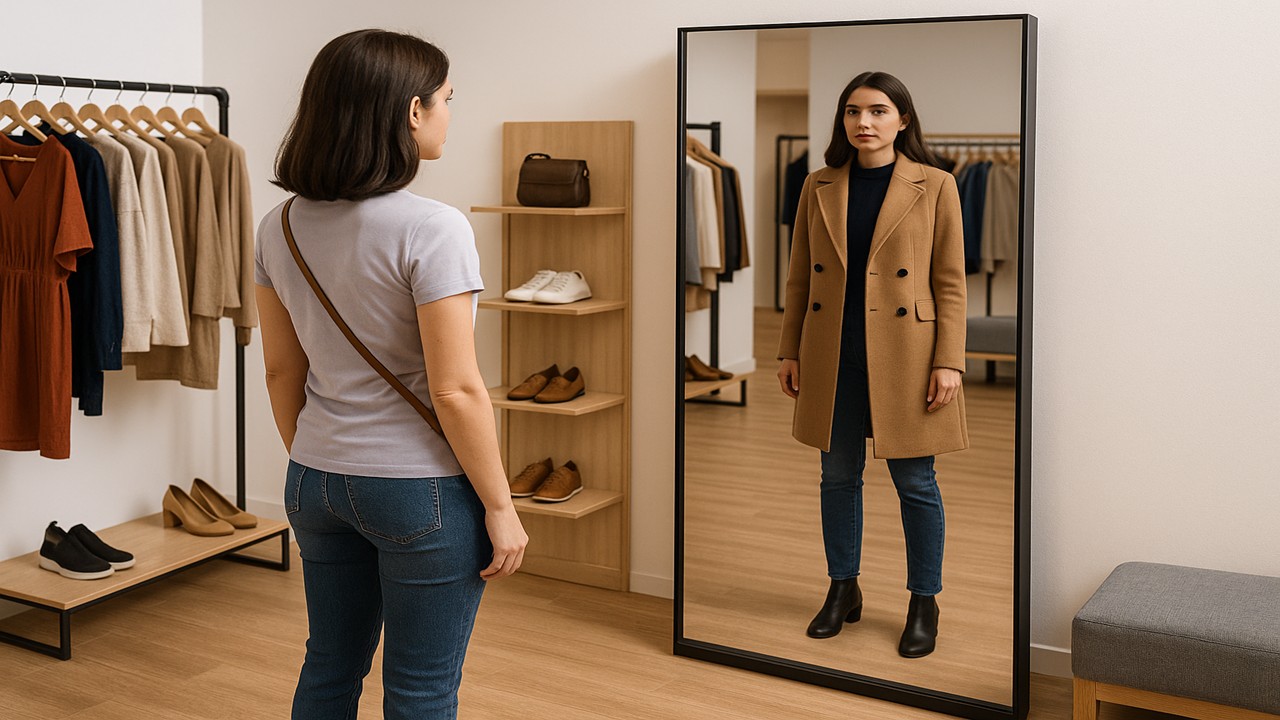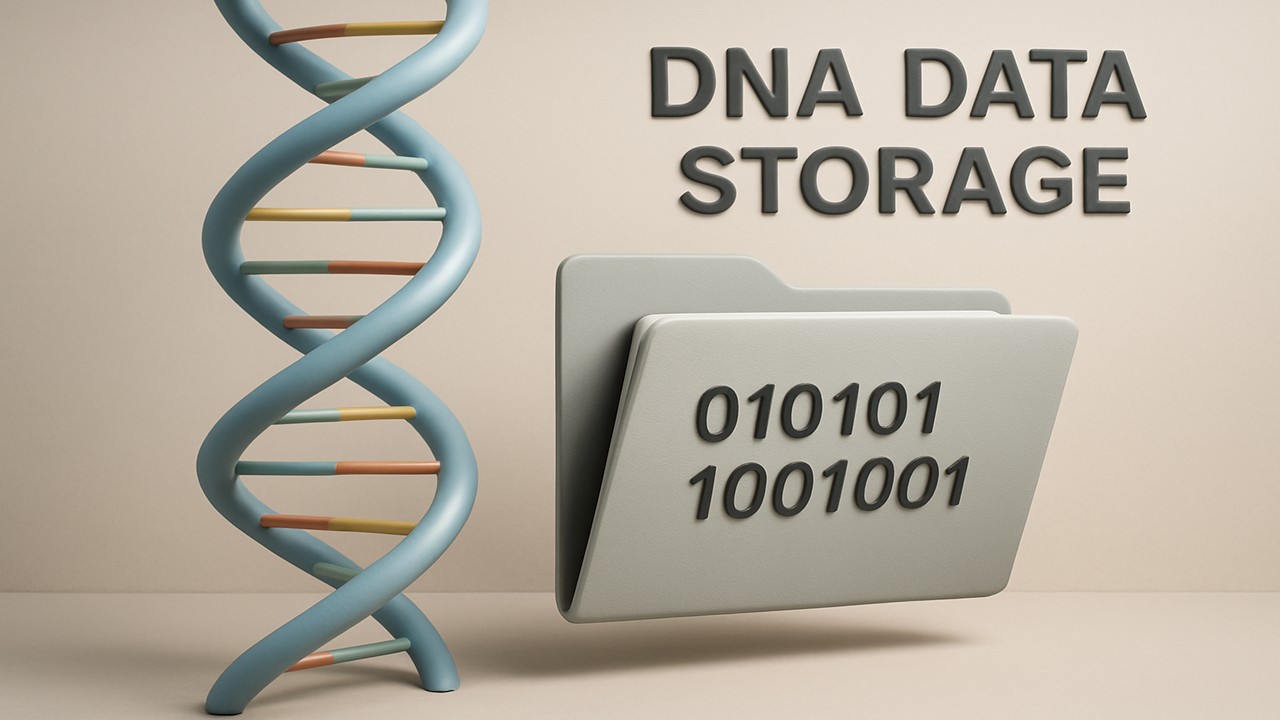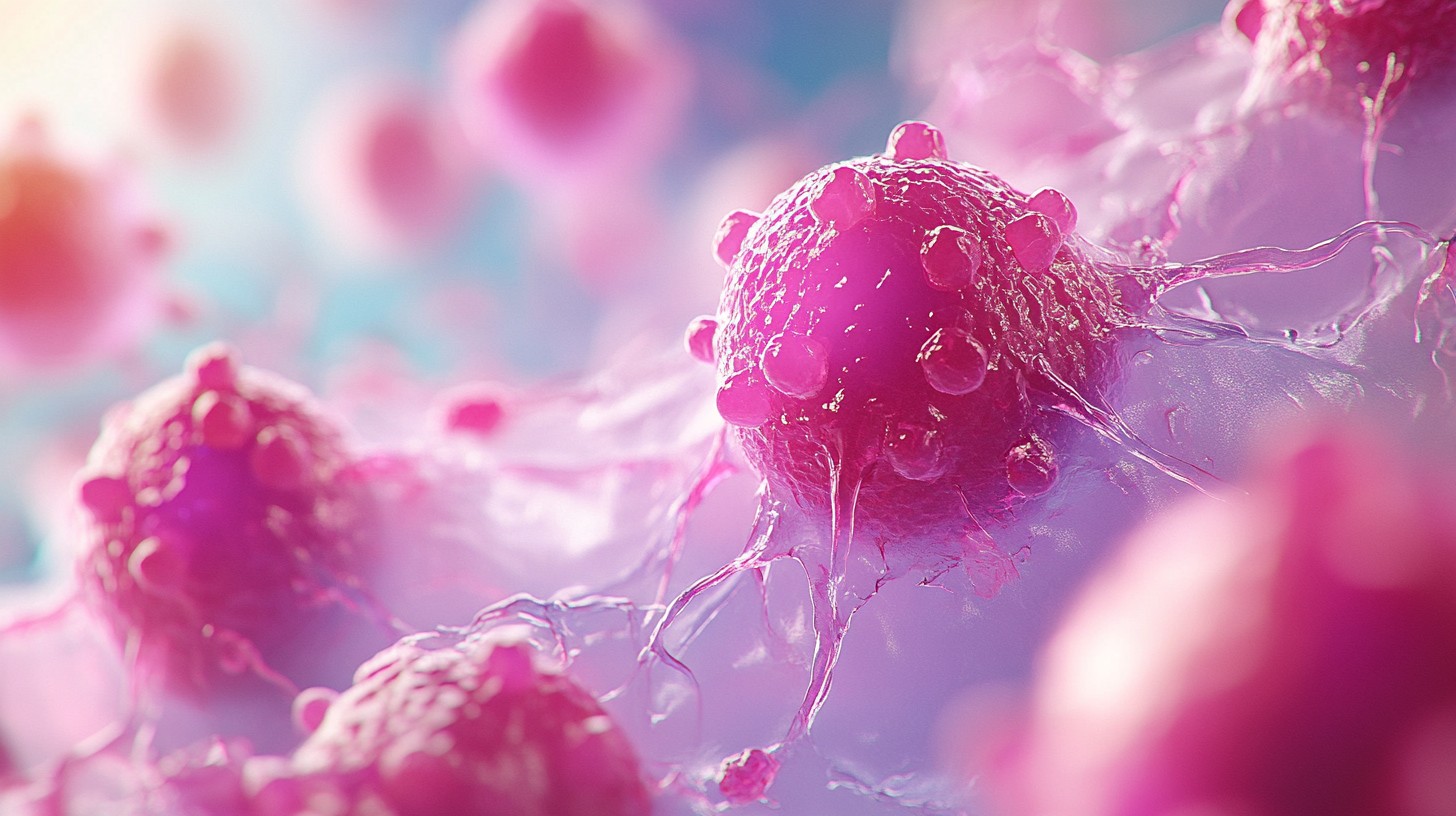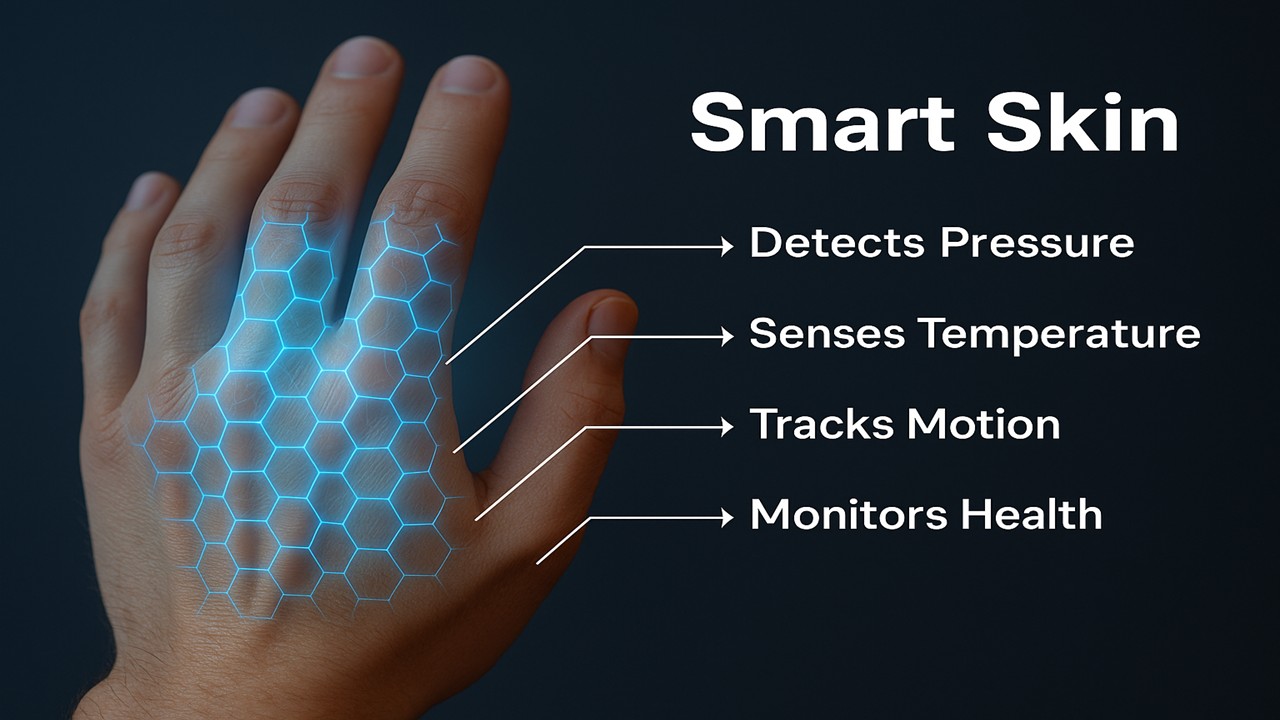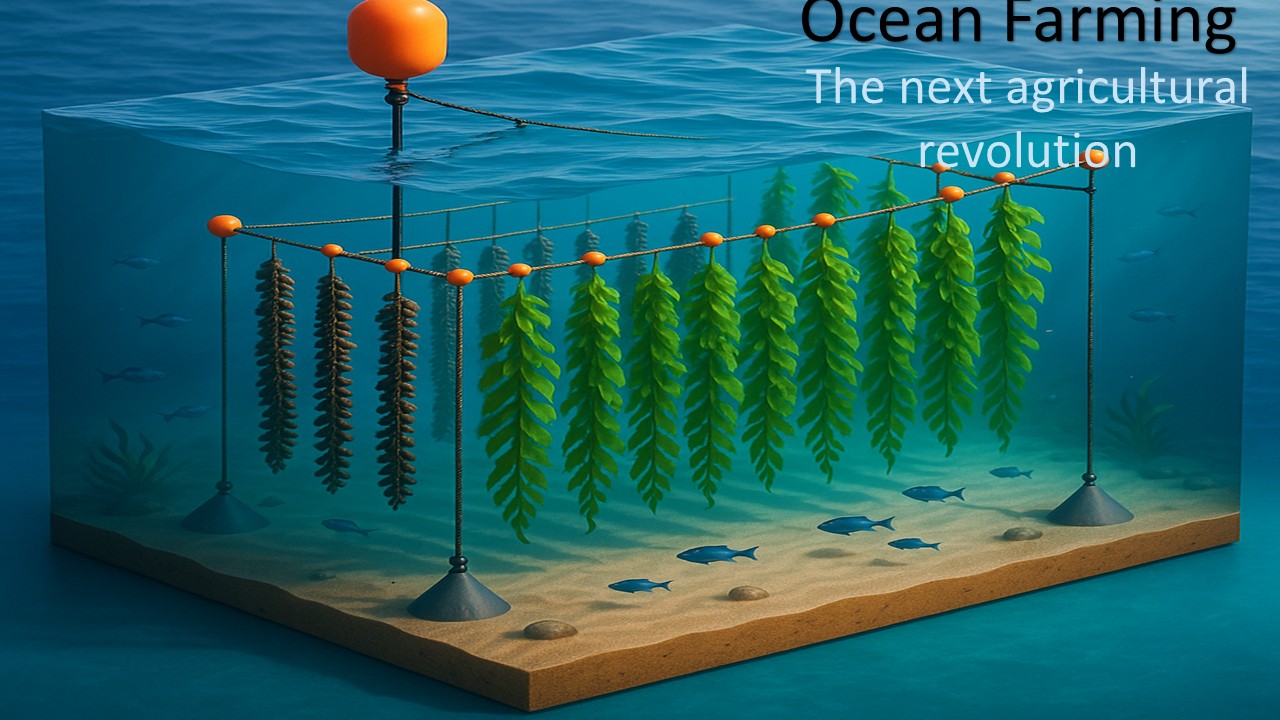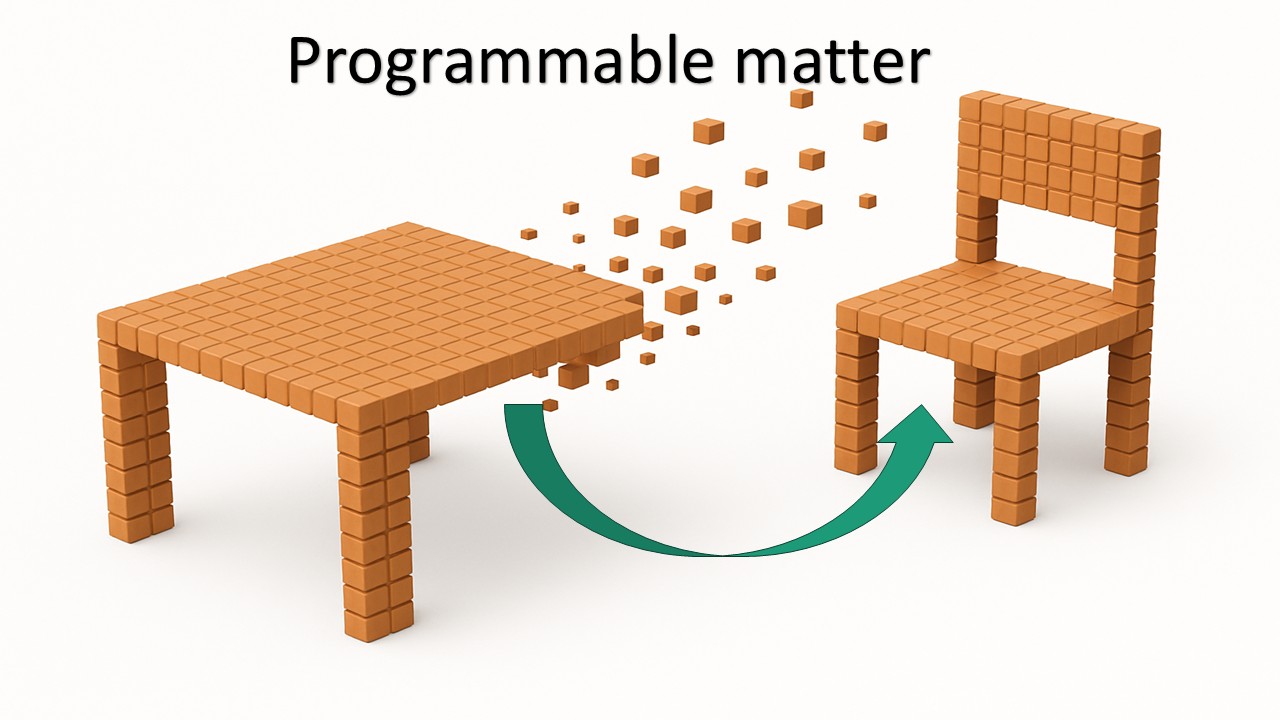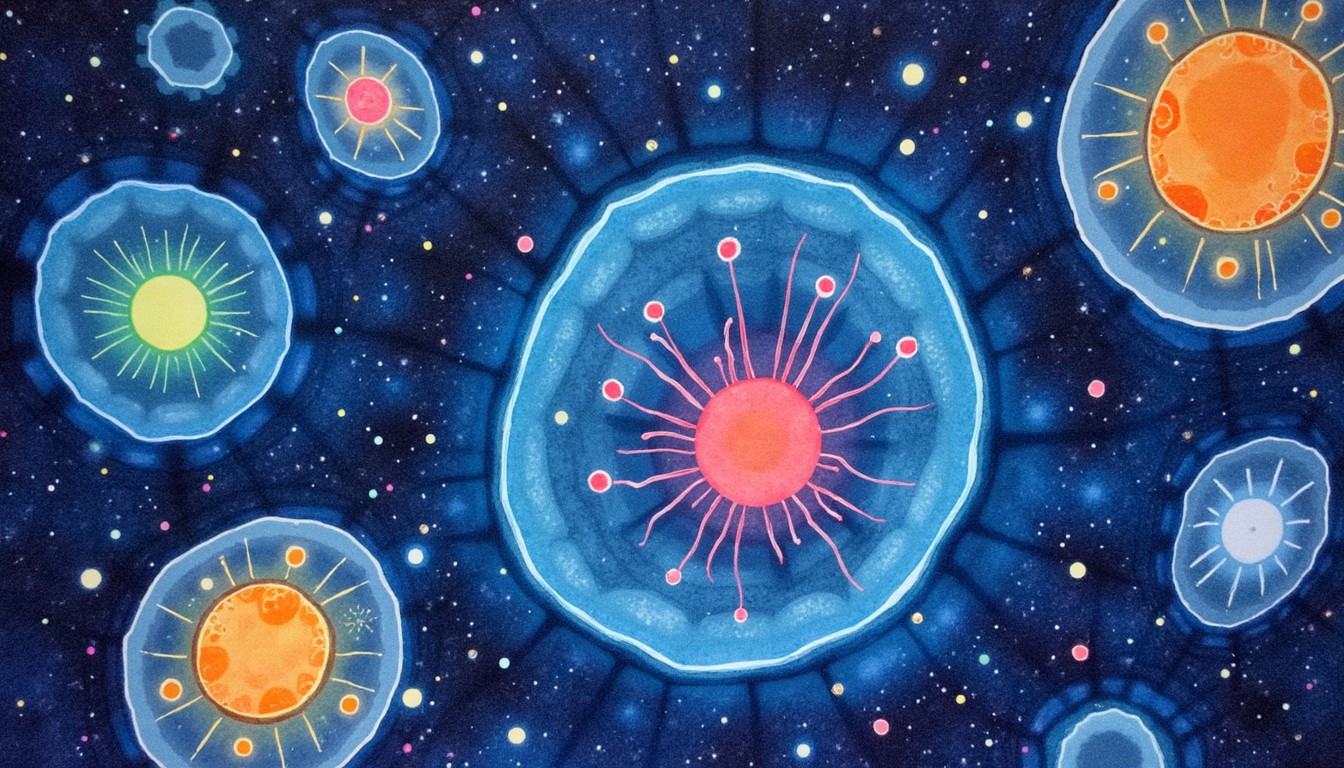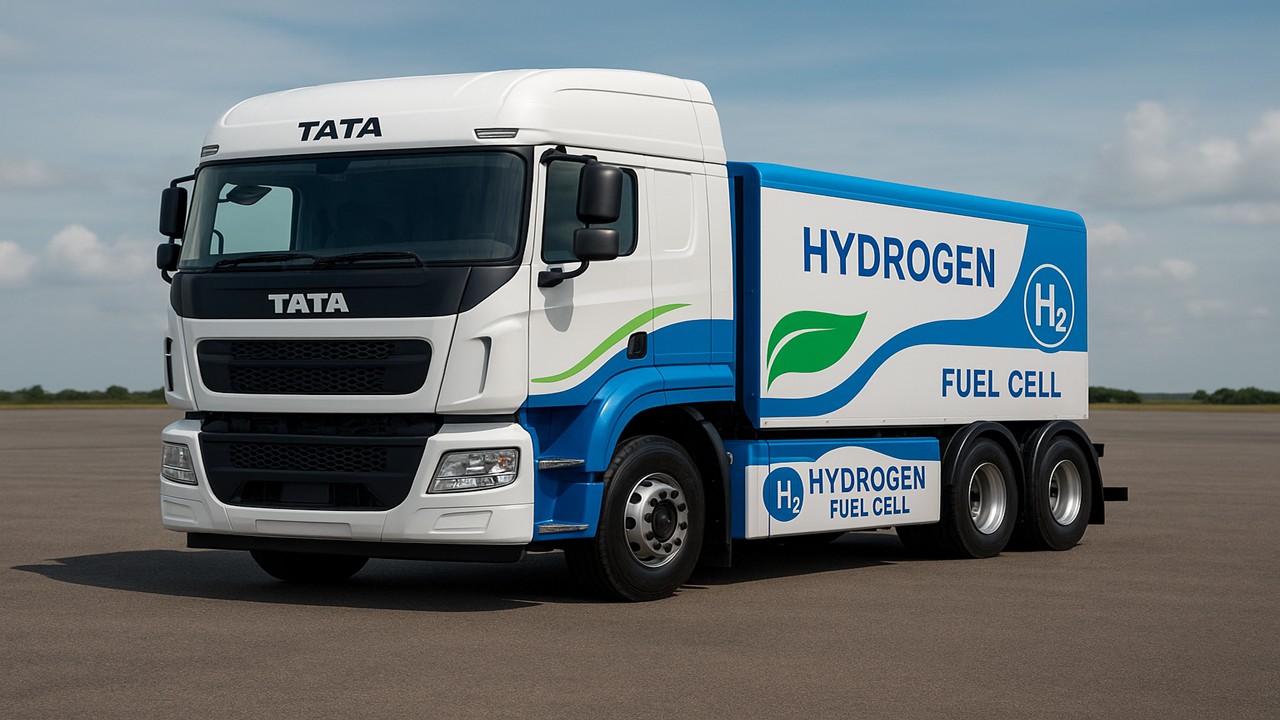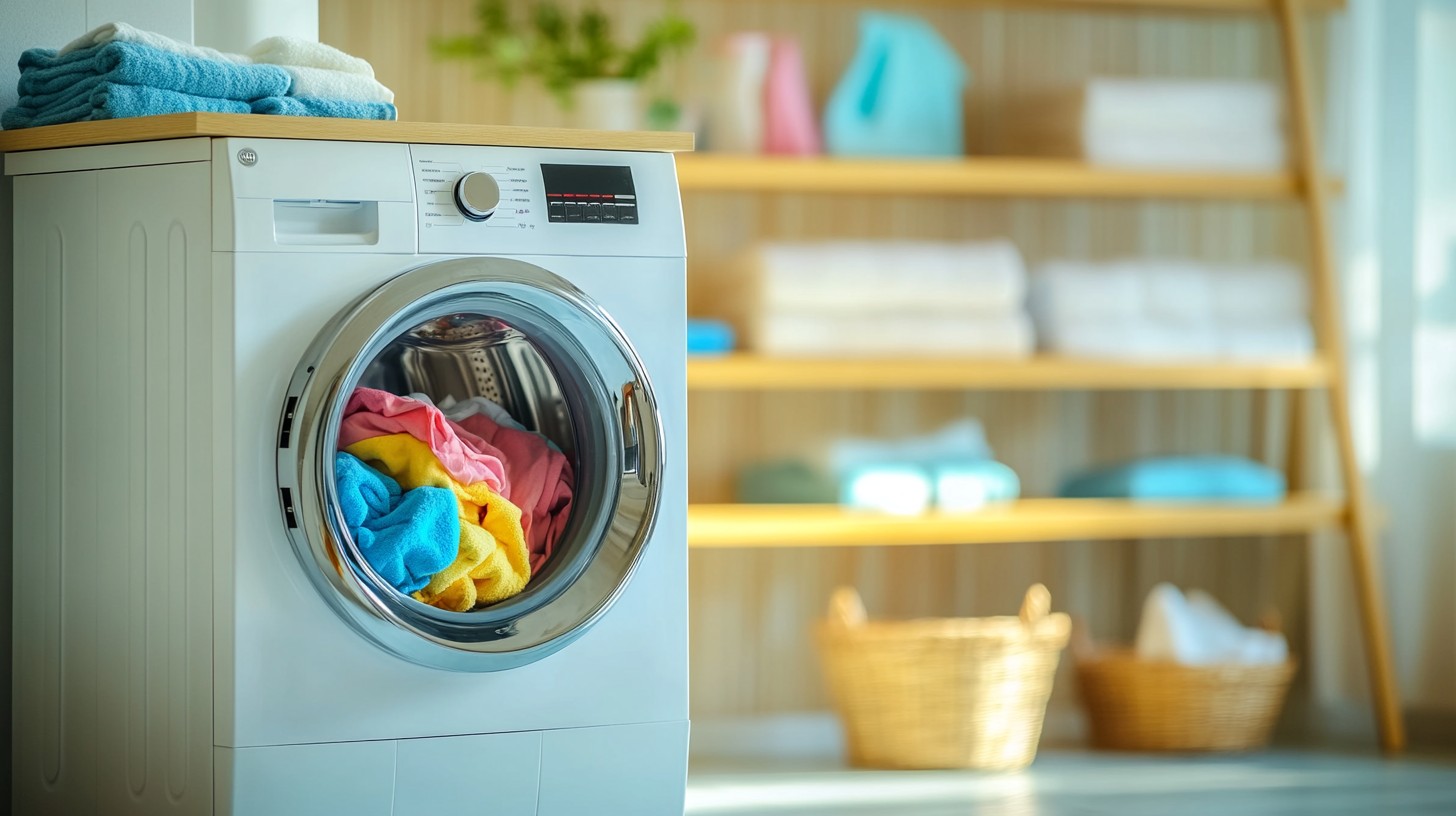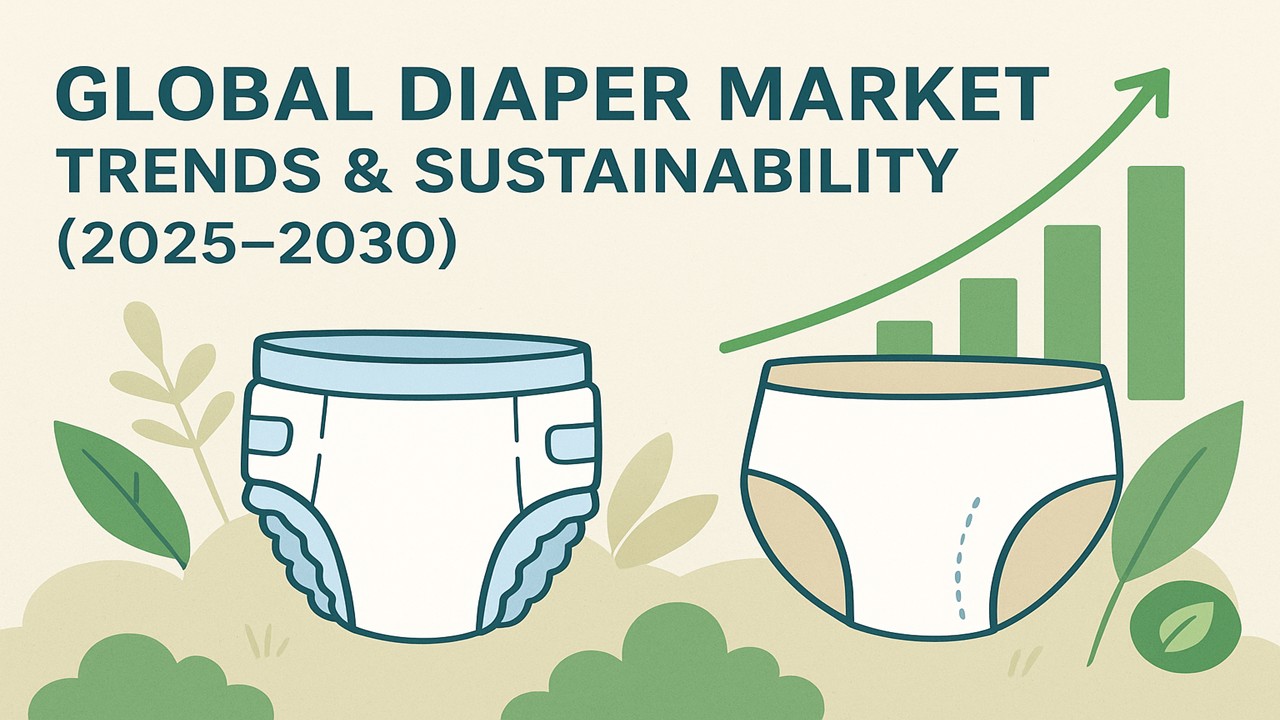
The global diaper market was valued at approximately US$98.8 billion in 2024 and is projected to reach US$141.2 billion by 2030, indicating steady growth over the coming years. Recently, several companies have introduced new technologies and sustainability-focused products, creating significant market movement.
Procter & Gamble (P&G) – Pampers Sustainability Plan
P&G’s Pampers is one of the world’s largest diaper brands. The company is now focusing on eco-friendly materials and packaging. In China, P&G tested a new premium diaper brand to compete with both local and global players. Pampers is also investing heavily in R&D to ensure products remain soft and baby-skin friendly.
Kimberly-Clark (Huggies) – Large Investments and New Features
Kimberly-Clark has invested around $2 billion in the U.S. to expand manufacturing capacity. Their Huggies line is introducing blowout blockers and skin-care innovations. These efforts aim to strengthen the supply chain and target premium products.
Unicharm – Rapid Growth in Asia
Japan’s Unicharm (MamyPoko brand) has launched unbleached diapers that are chemical-free and skin-friendly. In India and other Asian markets, Unicharm has expanded production facilities and is rapidly strengthening its market presence.
Kao (Merries) – Focus on Research
Kao’s Merries brand is working on baby skin-care and waste management research. The company is experimenting with turning used diapers into carbonized materials for recycling, potentially providing a large-scale solution to diaper waste.
Ontex – Sustainability Innovation with BioSAP
Ontex recently introduced a Bio-based Super Absorbent Polymer (BioSAP) for diaper cores. The SAP core is traditionally carbon-intensive, but BioSAP reduces the carbon footprint while maintaining product performance.
Essity (Libero, TENA) – Focus on Adult Diapers
Essity is investing in both its Libero baby line and adult incontinence products. Aging populations in Europe and North America are driving rapid growth in adult diaper demand.
Startups and Eco-Brands – Driving the Trend
Companies like Dyper, Naty, and Honest Company are producing plant-based and compostable diapers. Subscription models and online platforms are boosting their popularity. Seventh Generation (Unilever) also continues to offer eco-friendly diaper products.
🇨🇳 China Market – Major Competition
Chinese brands such as Hengan, Millie Moon, and Parasol are expanding premium product lines while maintaining competitive pricing. This puts pressure on global companies, forcing them to adapt supply strategies and focus on product differentiation.
Future Outlook (Next 3–5 Years)
- Material Shift: Adoption of bioSAP, plant-based cores, and unbleached sheets will increase, but cost parity and supply chain scaling are key challenges.
- Eco-Claims vs Reality: Compostable and biodegradable products will become common, but full circularity (collection + industrial composting) is still limited, raising the risk of greenwashing.
- Adult Diapers Boom: Growing elderly populations will continue driving demand, prompting companies to invest in R&D and marketing.
- Regional Winners: Asia-Pacific (India, China, Southeast Asia) will see high volume growth, while North America and Europe focus on premium and sustainability features.
- Big vs Niche Players: Major companies (P&G, Kimberly-Clark, Unicharm, Kao, Essity, Ontex) will leverage scale, tech, and distribution; startups will push eco innovations, potentially leading to partnerships or acquisitions.
Key Takeaways
- Innovation Focus: Absorbent cores (bioSAP), skin health, and unbleached/plant-based materials.
- Sustainability is Real but Slow: Technology is promising, but circularity infrastructure remains a bottleneck.
- Investment & Capacity Plays: Kimberly-Clark’s investments will improve supply resilience and product quality.
- Watch: Ontex BioSAP rollout, P&G product experiments in China, Unicharm’s APAC expansion, Honest Company growth metrics.
The global diaper market is growing rapidly, led by innovations, eco-friendly materials, and rising demand in baby and adult segments. Companies like P&G, Kimberly-Clark, Unicharm, and Ontex, along with eco-focused startups, are driving sustainable, high-performance products that will define the market in the coming years.



